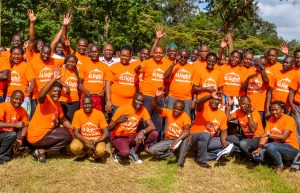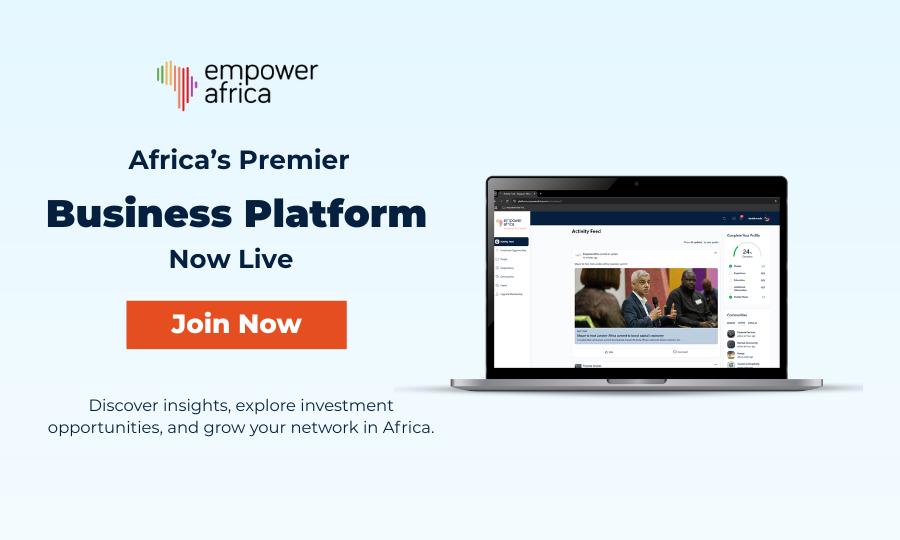Nearly two‑thirds (62 %) of those startups had women in leadership roles. Under the program, fintechs added over US $3 million in revenue during their training period, and alumni have since raised more than US $55 million in follow‑on funding.
Visa has already invested directly in several graduates from the first cohort, including Ghana’s Oze and Tunisia’s Konnect Networks.
Selected companies in cohort four address a range of fintech themes, including SME digitization, lending, cross‑border payments, payroll, B2B payments, AI‑driven transactions, social commerce, climate insurance, and neo‑banking.
The startups hail from 12 countries, led by Kenya (5), Nigeria (4), Egypt (2), Morocco (2), Zimbabwe (2), and one each from Ghana, Uganda, Mauritius, DRC, Botswana, Ivory Coast, and South Africa.
Cohort 4 startups include:
BigDot.ai (Zimbabwe): – helping SMEs reduce reliance on cash via digital blockchain‑based checkouts
ChatCash (Zimbabwe): – AI‑powered tool enabling sales and payments through messaging apps
Credify Africa (Uganda): – bridging trade finance gaps with access to capital, logistics, and payments
Flend (Egypt): – tech‑driven non‑bank finance solutions for SMEs
Hsabati (Morocco): – collecting operational data to support SMEs in securing bank financing
IPT Africa (Mauritius): – same‑day bulk and payroll payments with real‑time FX visibility
Lemonade Payments (Kenya): – white‑label blockchain wallets that protect user data
Maishapay (DRC): – provides payroll, digital payments, and POS services to B2B clients
MNZL (Egypt): – asset‑backed lending using home and auto equity
Motito (Ghana): – asset‑financing marketplace offering alternative payment plans
Muda (Kenya): – cross‑border asset exchange and stablecoin liquidity platform
mystocks.africa (Botswana): – unified trading across African stock exchanges
OKO Finance Ltd (Ivory Coast): – automated climate insurance for agribusiness risk reduction
PressPayNg (Nigeria): – offering banking, financing, savings, and insurance for education
Sevi (Kenya): – streamlining B2B payments and stock financing for small retailers
Shiga Digital Inc (Nigeria): – decentralized finance tools designed for African users
ShopOkoa (Kenya): – AI credit and payment platform for micro‑enterprises including savings and cashflow analytics
Startbutton (Nigeria): – merchant‑of‑record platform enabling compliant currency payments across borders
Twiva (Kenya): – social commerce enabling sellers to market via influencers
Vittas (Nigeria): – tailored finance and payment toolset for healthcare providers
Woliz (Morocco): – transforming nano‑stores into digital hubs with loyalty, payments, and AI operations
Zazu (South Africa): – a neobank offering business accounts, expense tracking, invoicing, and bookkeeping
This selection underlines Visa’s commitment to empowering fintech innovation across diverse solutions and geographies, building on the strong foundations laid by previous cohorts.
Visa continues to deliver tailored training, exposure to its global network, and the potential for direct investment or follow‑on capital via Demo Day.
Applications for the 2025 edition of the accelerator opened in early 2025 and remained open until March 15, 2025.
The hybrid program targets Seed to Series A startups with an operational MVP, traction in their markets, and either existing operations in Africa or plans to scale across the region.





